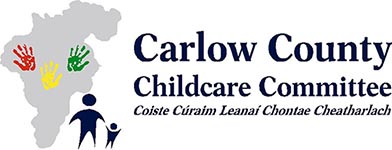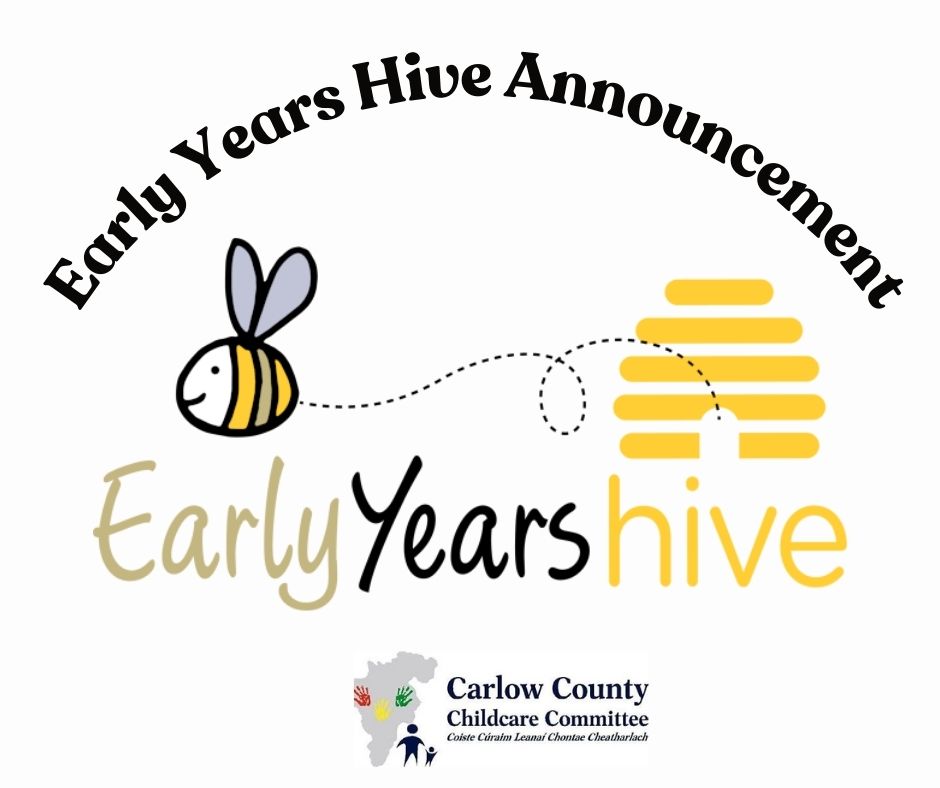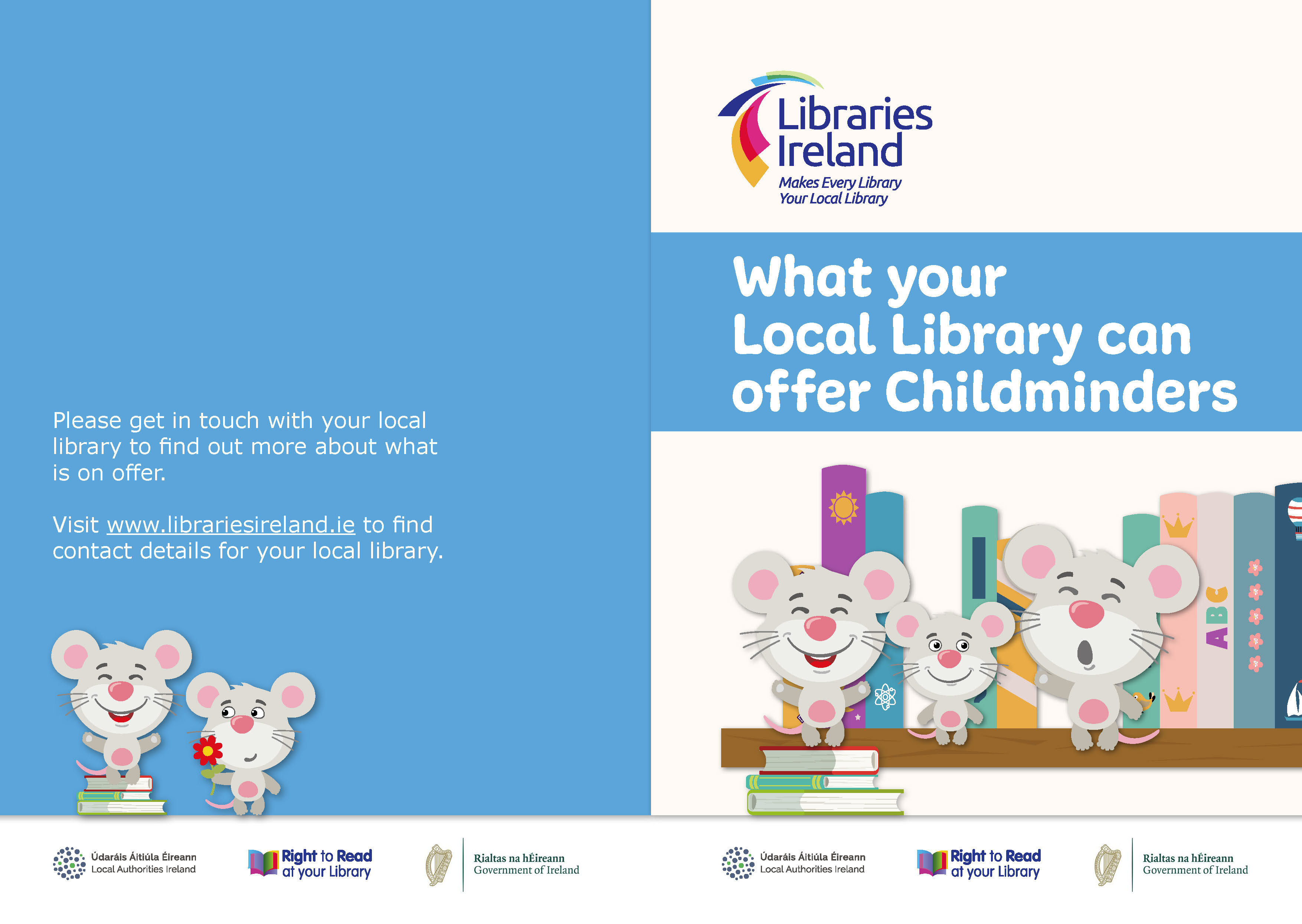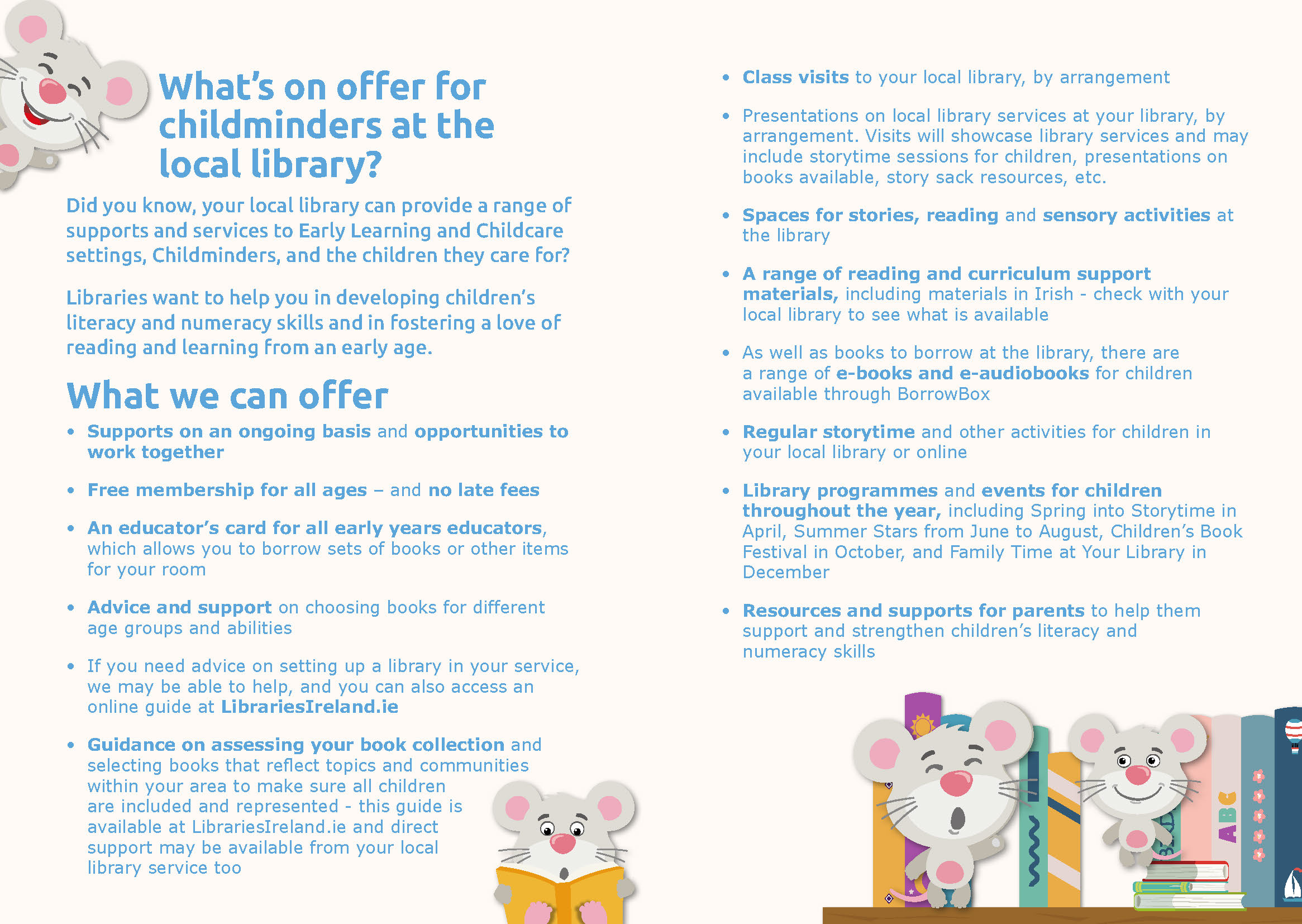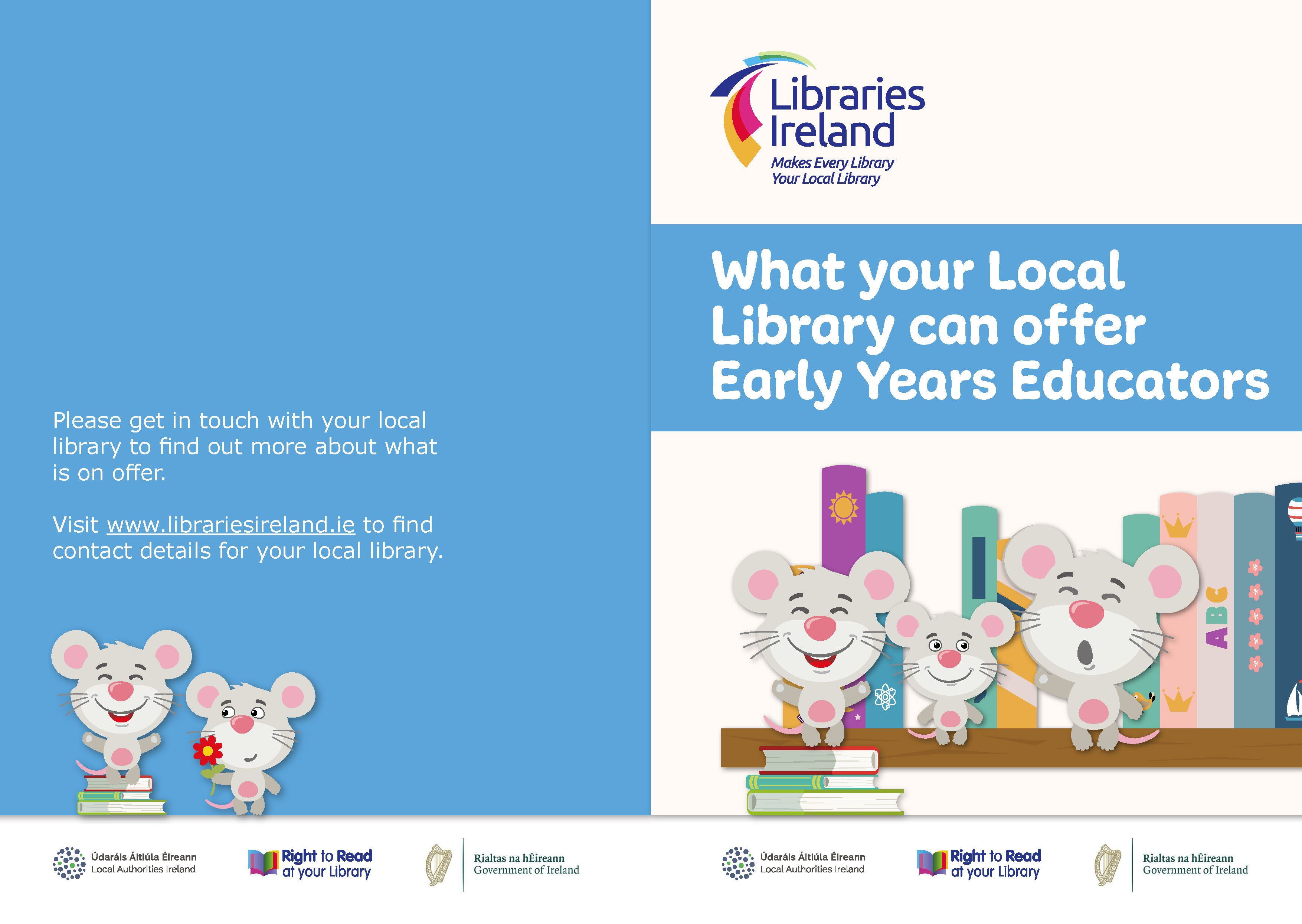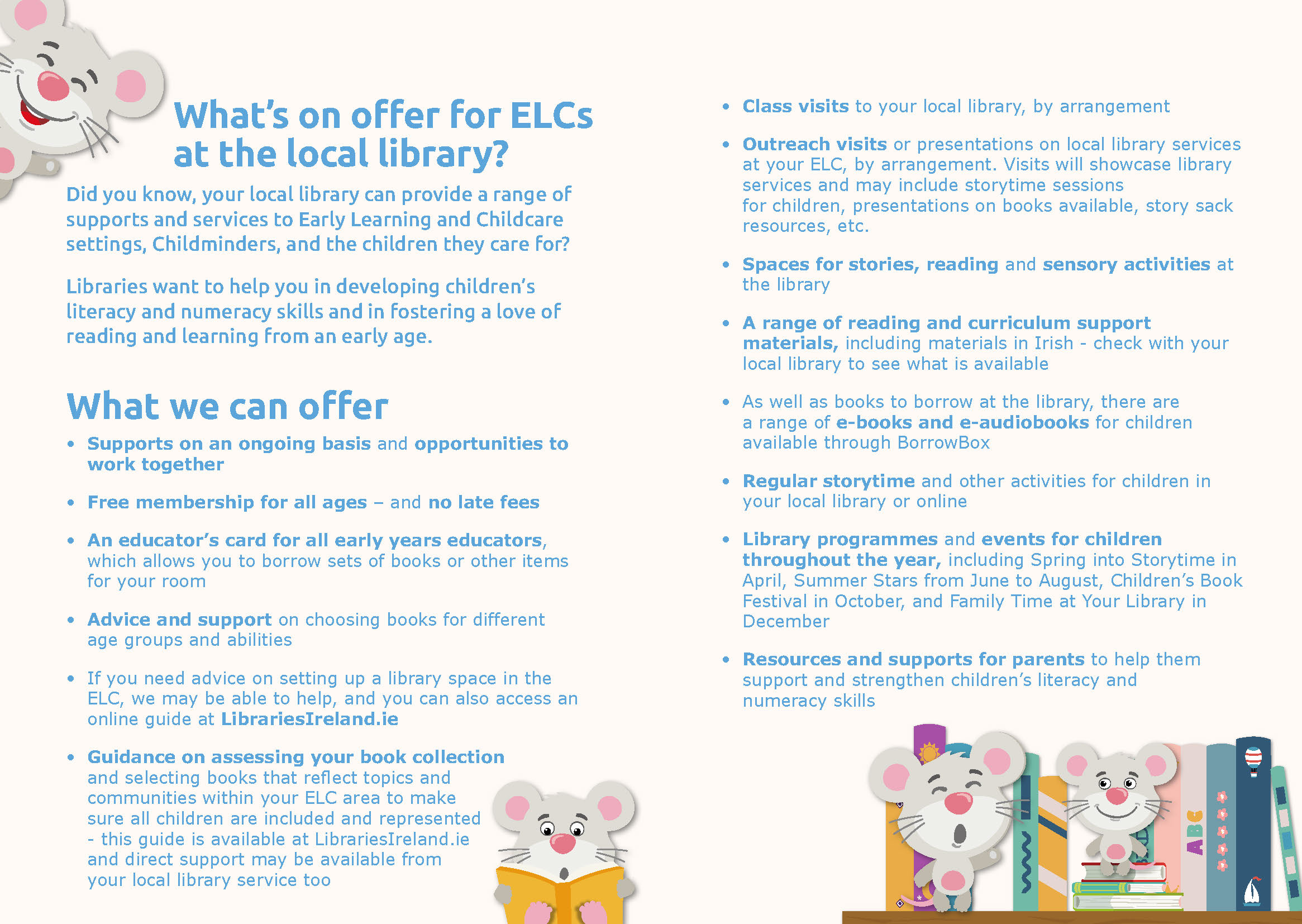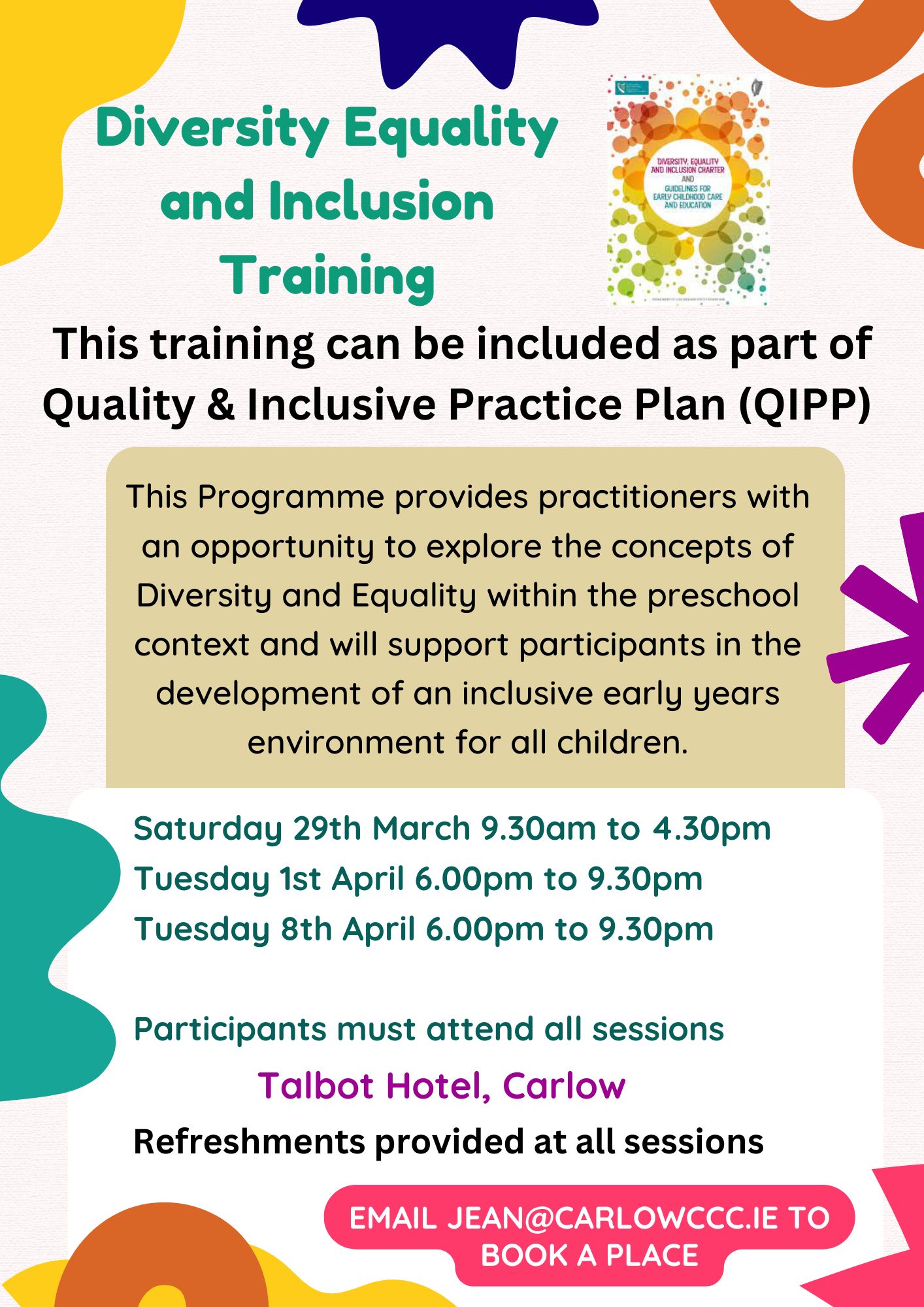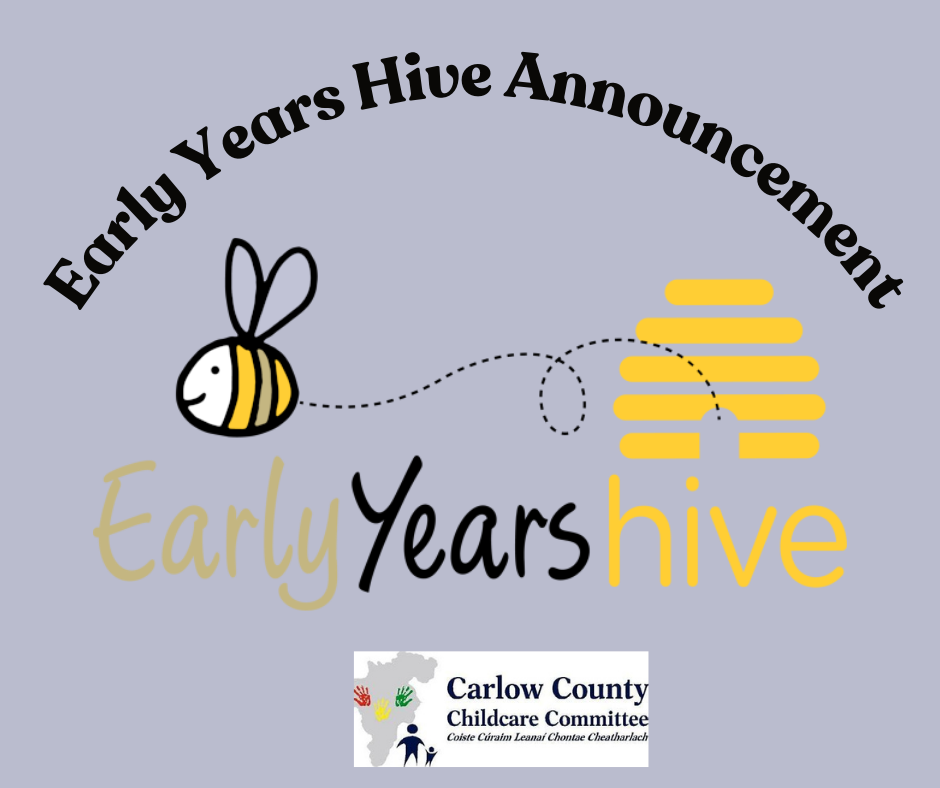
Dear Service Provider,
As services are closed for the mid-term on Thursday 20 February and Friday 21 February, with the option to extend to a five-day break, it may be necessary to make the following changes on your Early Years Hive.
We advise making any necessary changes as soon as possible to ensure there are no issues when returns are submitted and payments processed.
NCS: Service Calendar and Returns
If your service is closed for part or all of the week, you must mark the closures on your NCS service calendar accordingly. You must also note whether it is a subsidised (paid) closure or not.
For more information, please see ‘How to add a closure’ on the NCS Service Calendar section of Help & Support.
For school-aged/ECCE children, if you are increasing their hours during mid-term, please ensure you do not forget to amend the hours for children whose hours reduce after mid-term. NCS subsidy hours cannot be claimed for hours that a child is in school or ECCE, or hours that your service is closed, and any over-claims are liable to be recouped.
NCS returns must be submitted on the Early Years Hive each week. Returns become available from the last day (Sunday) of the reporting week and must be completed by the following Tuesday and are based on the previous week’s attendance. If a return is not submitted within the required timeframe, all subsidy payments will be suspended until it is submitted.
Changes cannot be made to service calendar opening hours or claim hours once a return for that week has been submitted on the Early Years Hive.
If you require further assistance, please raise a Request using the following categories, ensuring that you include the CHICK number in the request:
- Programme: NCS
- Request Type: NCS Calendar
- Request Type Details: General
NCS Bridging payments
A ‘Bridging Payment’ is available to service providers during periods of subsidised closure, if they are unavailable to submit their weekly NCS return i.e., mid-term breaks, Christmas etc.
When submitting the NCS return that is two weeks before the subsidised closure period, the Hive recognises the closure coming up and asks the following: “You have an upcoming closure, do you want to request a Bridging Payment for the dates from “X” to “Z”? (Yes/No)” .
If yes is selected, the payment is made during the week the service is closed i.e. when they are unable to submit their returns. The service must then submit ‘Fast returns’ for this period when they return after the closure.
Important: Please keep claims active at all stages. Please do not amend calendars in regard to bridging payments unless the hours of the service have changed for that period. Example: Normal opening hours 9am – 5pm however over the mid-term opening hours 2pm – 6pm.
For guidance on returns, please see the NCS Attendance Returns Guide.
ECCE: Service Calendar
Providers in contract for the ECCE programme are reminded that changes to service calendars must be first approved by County Childcare Committees (CCCs) and parents must be given 20 working days’ notice in writing of any change to the service’s calendar.
Copies of such notices must be kept on file for compliance purposes.
Approved providers in contract for the ECCE Programme must be open for a minimum of 38 weeks (or 182 days) over the programme year.
For further information on service calendars, please contact your local CCC or refer to the ECCE Service Calendar section of Help & Support.
If you require further assistance, please raise a Request using the following categories:
- Programme: ECCE
- Request Type: ECCE Calendar
- Request Type Details: General
CCSP Saver Programme: Amending Sessions (e.g. a child is moving from part-time to full-time)
If a registration is changing and needs to be updated from part-time to full-time, please input a CCSP Leaver with the date the child is changing service level. A new registration should then be created with the updated level of service for the appropriate period, within 6 weeks of the start date of the new registration.
Please see ‘How to end/add a CCSP Saver Programme child registration’ on the CCSP child registration section of Help & Support for guidance.
If you require further assistance, please raise a Request using the following categories:
- Programme: CCSP
- Request Type: Registrations
- Request Type Details: Leaver
Regards,
Early Years Team
